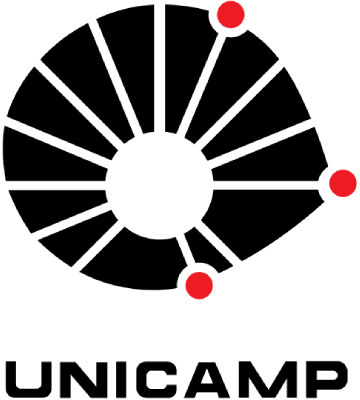
Institutional
Unicamp’s Post-Graduate Program in Political Science was created in 1974 and is one of the most traditional and important in the country. Since 2005, in addition to the academic Master’s Degree, the program also counts on the Doctorate course. Currently, the PPGCP comprises 20 highly qualified professors (15 permanent and five collaborators) developing research in several areas.
The PPGCP main goals are the production of cutting-edge research in Political Science and the academic training of specialized professionals (research and teaching activities in universities), for research centers and institutes (government, public opinion, marketing, etc.) and also for rendering of planning, consultancy and advice services in public agencies, civil society associations and companies. The success in these two fronts of activities can be measured by the national and international projection of PPGCP researchers and the outstanding positions our alumni hold in public and private universities and institutions.
The PPGCP counts on four lines of research: (1) Social movements, work and political participation; (2) Political regimes and institutions; (3) State, development and comparative politics; (4) Political theory and thought. For further information on research developed in each line, see Lines of Research.
The development of research activities occurs from research Centers that, in addition to gathering researchers and students in a collaborative environment, count on partnerships with other groups in the country and abroad. PPGCP professors and students integrate the following Centers: Center of Marxist Studies (Cemarx); Center of Public Opinion Studies (Cesop); Center of International and Contemporary Politics Studies (Ceipoc); Center of Brazilian Studies (CEB); Center of Research in Participation, Social Movements and Collective Action (Nepac); Center of Gender Studies (PAGU) and Edgard Leuenroth Archive (AEL).
The professional training happens particularly based on Master’s Degree and Doctorate courses offered annually by PPGCP, with admission made via public selection processes. The Master’s Degree comprises 24 months, and the student must attend to four compulsory subjects in political theory and Political Science research methodology, in addition to two optional subjects and the Dissertation Seminar, turned to assist in the preparation of research. By the end of the course, the student must present and defend his/her Master’s Degree dissertation. The Doctorate lasts 48 months. The student must attend to three compulsory subjects where Political Science fundamental themes and/or authors are approached, one optional subject, and the Thesis Seminar. The conclusion of this process occurs with the presentation and defense of the Doctorate thesis.
During each academic year, the PPGCP holds a series of events intended to deepen the students’ training and the dialogue among researchers in the country and abroad. Mini-courses on specific themes, both theoretical and methodological, are often held, as well as seminars with professors and researchers from Brazil and from abroad.
Finally, the PPGCP counts on good infrastructure to the development of high level research. Unicamp’s Institute of Philosophy and Human Sciences (IFCH) library is among the best in Latin America and students and professors have easy access to files, data bases and national and international journals.

